11 years ago, Al Gore’s documentary An Inconvenient Truth burst into our consciousness, raising climate change awareness everywhere, promising to be the tipping point towards greater environmental protection. Fast forward to today, and what seemed like a simple scientific observation has morphed into a bitter political dispute that stifles action. As the issues surrounding climate change become more complex and emotive, how do we separate the facts from the manipulation? These books can help you analyse, unravel and understand the complexities of climate change:
An Inconvenient Sequel: Truth to Power by Al Gore
by Al Gore
An Inconvenient Sequel is a timely update, released 11 years after the influential An Inconvenient Truth. In these intervening years, a string of extreme weather events – Hurricane Sandy, heat waves, melting polar ice – have caused huge damage, while action has stalled as climate change becomes mired in political controversy. Hot off the press, An Inconvenient Sequel focusses on possible solutions, particularly around the use of clean energy, and also reflects on the consequences of President Trump’s withdrawal from the Paris Agreement.
Climate Change: What Everyone Needs to Know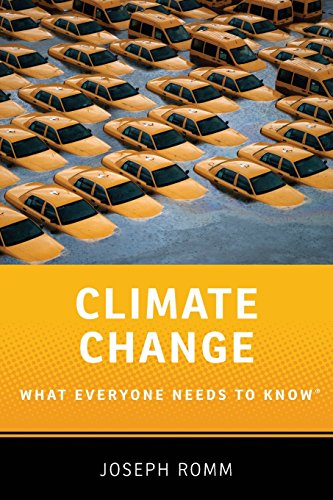 by Joseph Romm
by Joseph Romm
If you want a concise, readable introduction to the issues and consequences of climate change, then this book is for you. Writing in a Q&A style, Joseph Romm, a physicist and former US Energy Department official, explores key points including basic theory, projected impacts, politics and policies, and possible solutions. A particularly powerful section explores how climate change will impact everyday decisions for ordinary people, including where to retire, what to study, how to invest, and necessary changes to our diet.
Eyes Wide Open: Going Behind the Environmental Headlines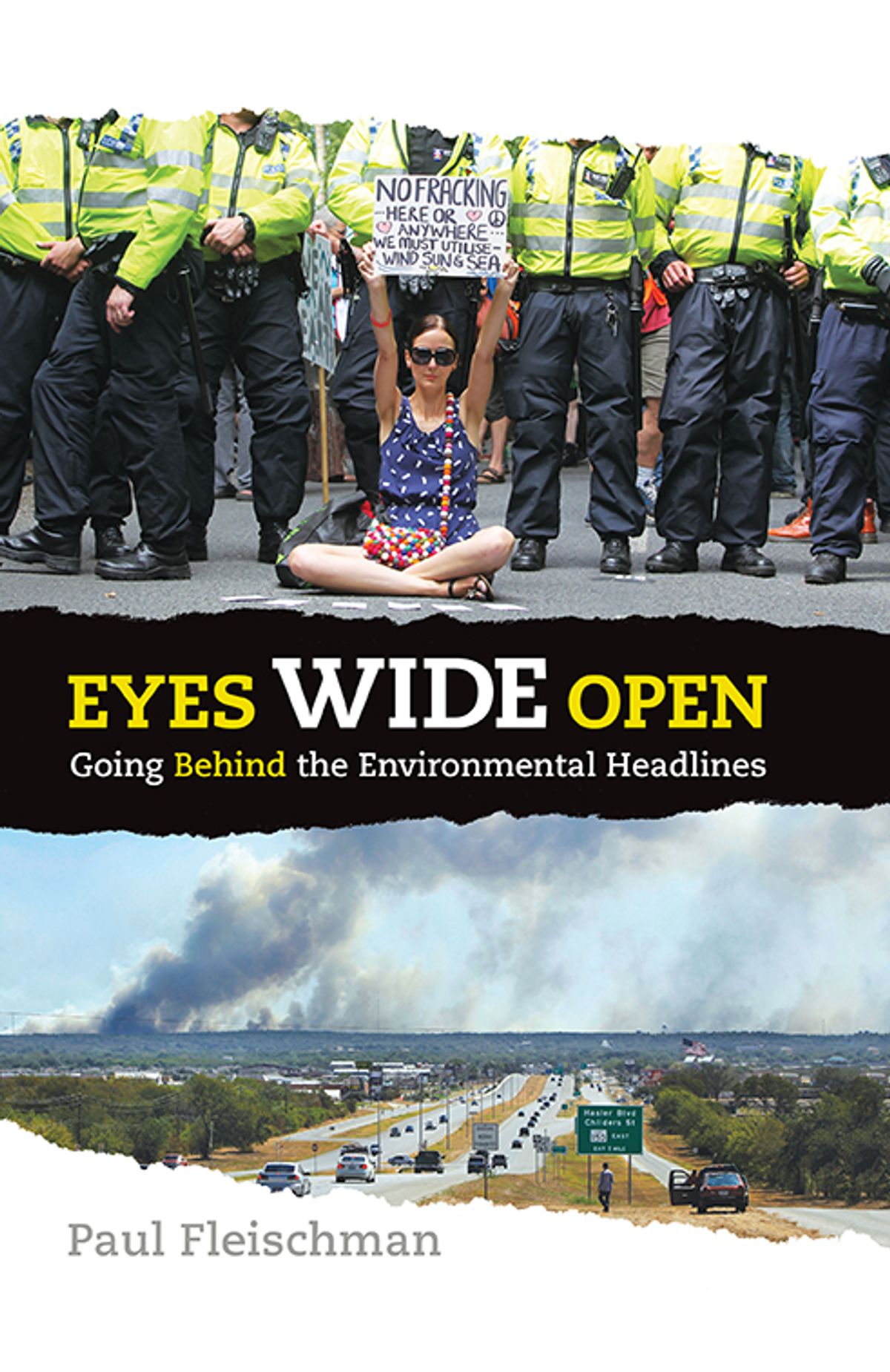 by Paul Fleischman
by Paul Fleischman
Eyes Wide Open aims to help teens critically assess the issues and arguments surrounding environmentalism. Paul Fleischman draws on history, psychology, sociology and economics to explain the origins of key environmental issues including population, energy and climate. He also tries to explain why different reactions to these issues exist. A particularly useful feature is its guide on “How to Weigh Information”. Eyes Wide Open is valuable for readers of any age who want to cut through emotive writing, and develop their own informed views.
Don’t Even Think About it: Why our Brains are Wired to Ignore Climate Change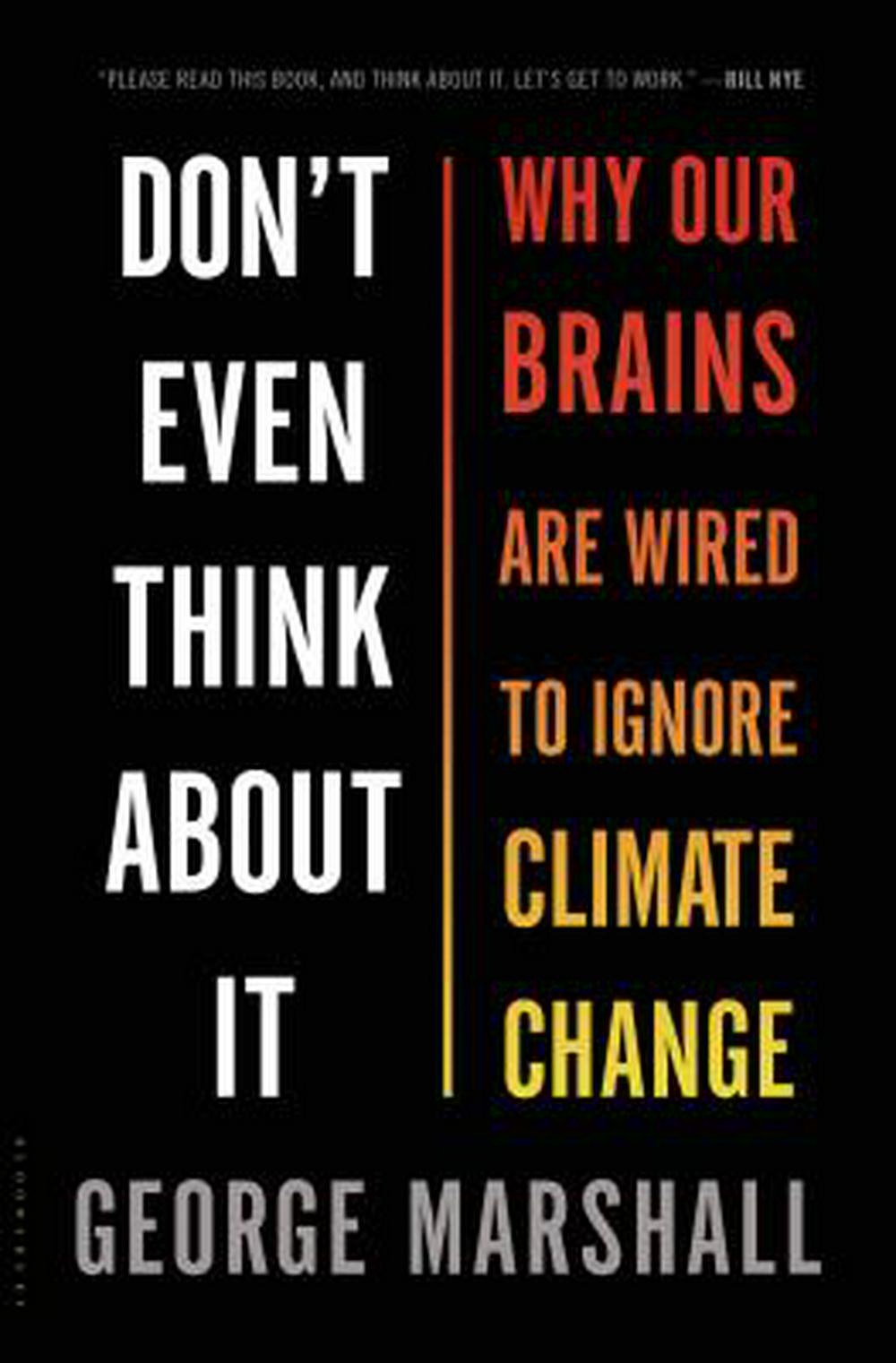 by George Marshall
by George Marshall
Most people accept that climate change is real, yet do nothing to stop it. Don’t Even Think About It suggests that this has an evolutionary origin – human brains are hard-wired to prioritise immediate dangers over future dangers; and they tend to interpret new knowledge through existing frameworks, increasing the likelihood of confirmation bias. George Marshall interviewed psychologists, evangelicals, activists and conservative politicians in this entertaining yet thought-provoking study on the psychology behind the climate change debate.
On a Farther Shore: the Life and Legacy of Rachel Carson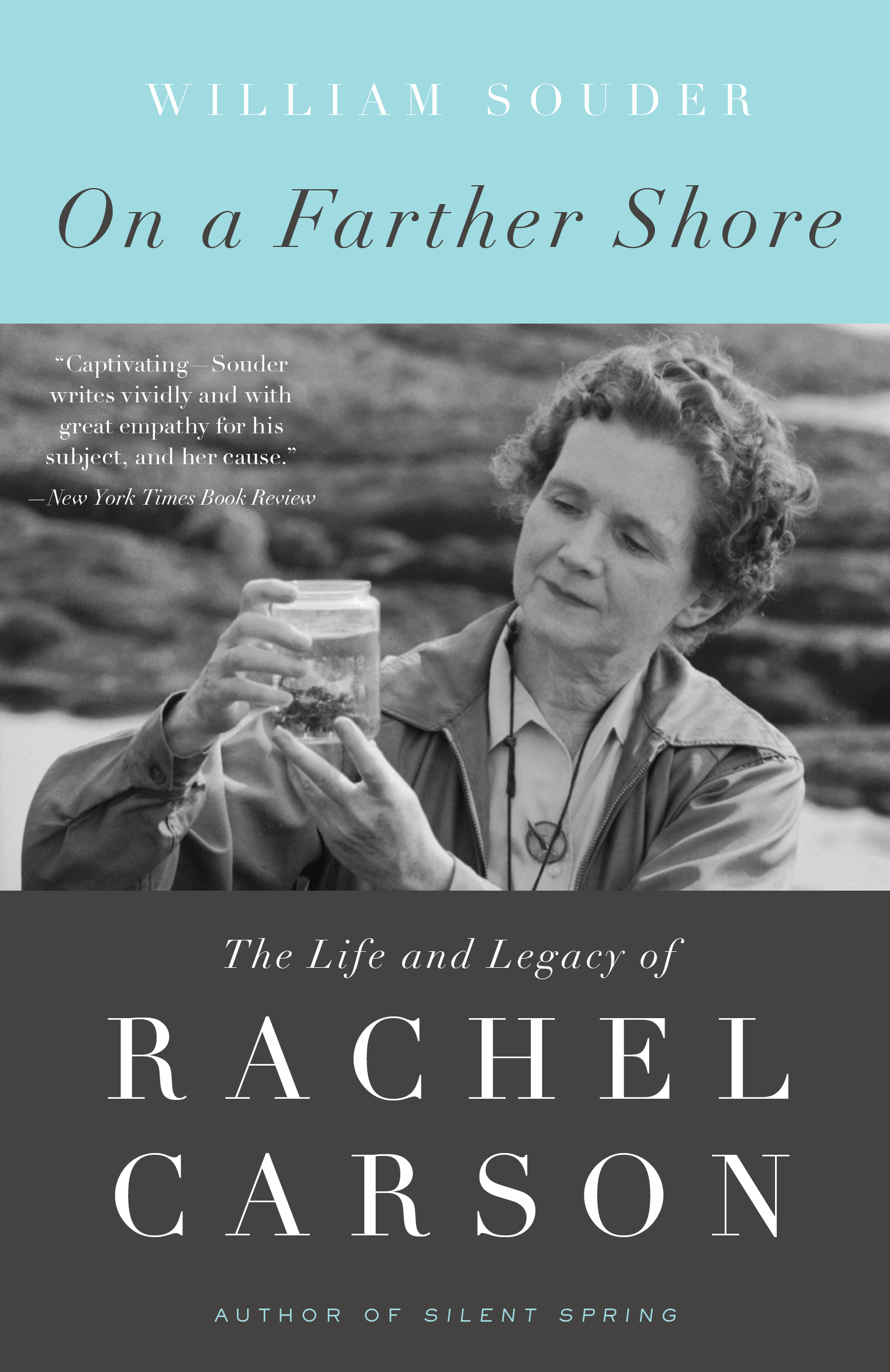 by William Souder
by William Souder
The effect of pesticides on wildlife may seem unrelated to climate change, but our current awareness of the environment is arguably influenced by Rachel Carson’s work. Her seminal book, Silent Spring, inspired the modern environmental movement, and influenced legislative changes and the founding of the EPA. Rachel Carson was a skilled nature writer who combined lyrical prose with extensive research to make science understandable and compelling. On a Farther Shore is an engrossing biography that places Rachel Carson’s life and work within the context of the politics and culture of the mid-20th Century.
New York 2140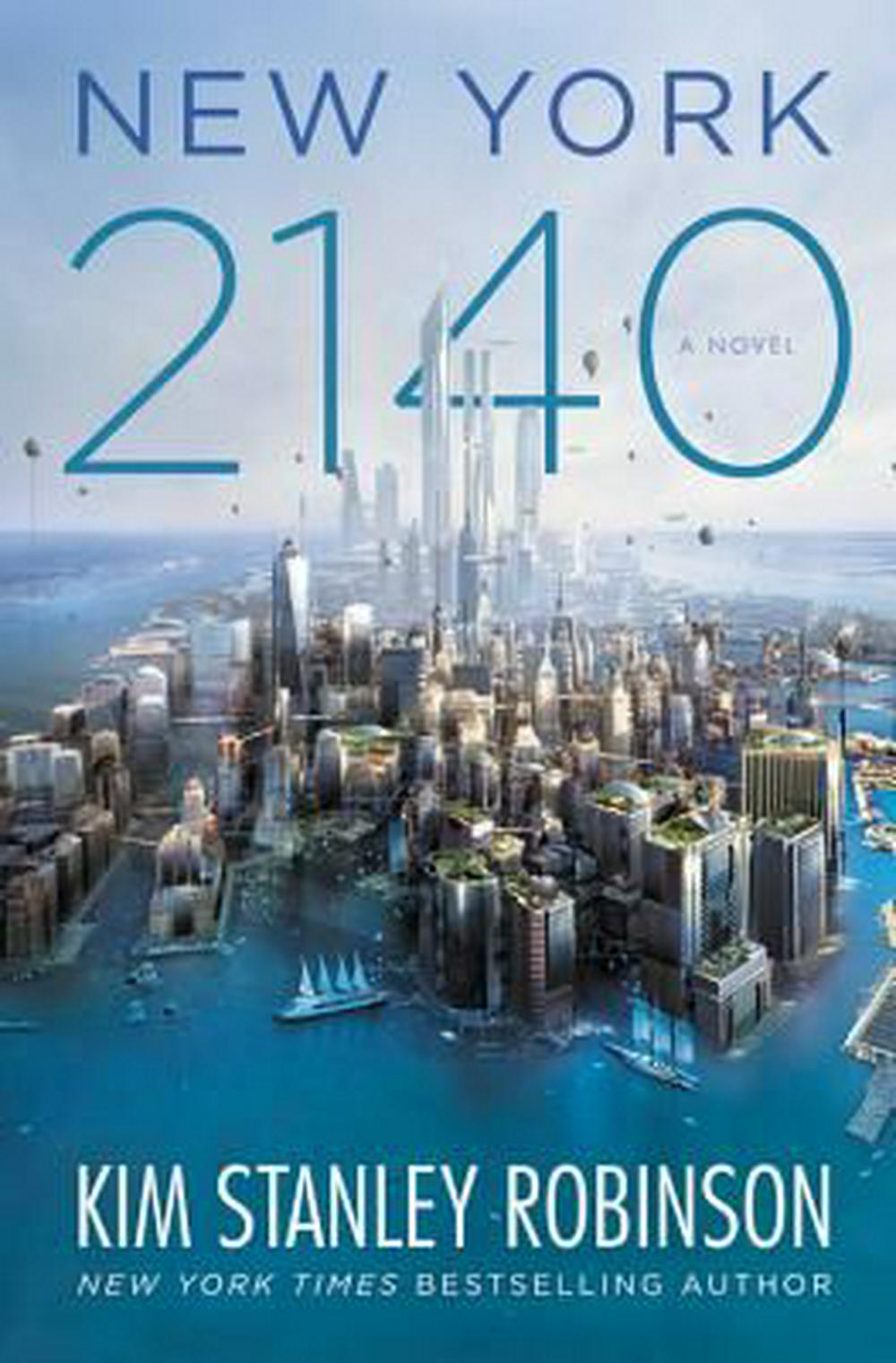 by Kim Stanley Robinson
by Kim Stanley Robinson
If you don’t normally read non-fiction, there is a growing list of novels to help you visualise the world post-climate change. The latest novel from SciFi master Kim Stanley Robinson imagines life in New York in 2140 – a sort of “ Super Venice” partially-submerged due to climate change. New York 2140 creates a vivid world packed with details of economics, politics, and the minutiae of life; it is not grim, but offers a critique of capitalism’s role in climate change.